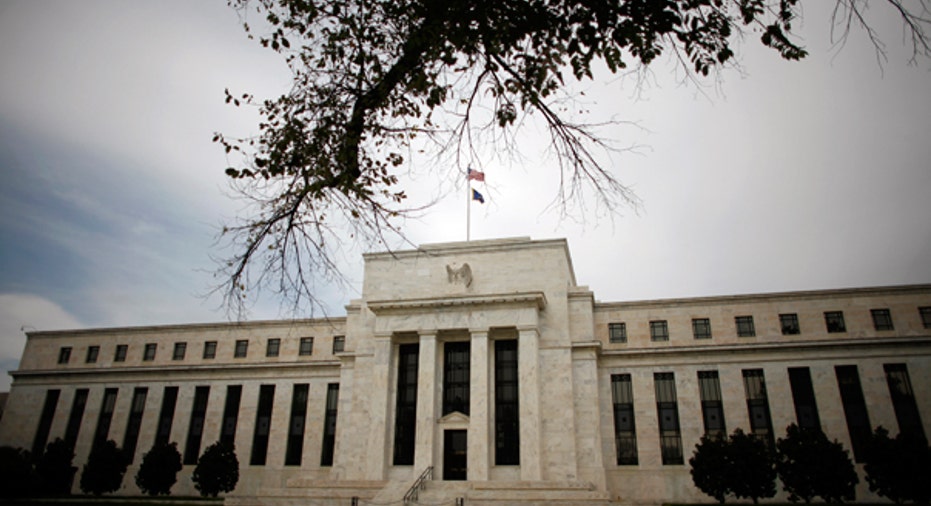Fed's QE Weakens the Dollar, Study Shows

The Federal Reserve's unconventional efforts to ease monetary policy by buying large amounts of long-term securities weakens the dollar in the same way that conventional interest-rate cuts do, a study released Monday showed.
A cheaper dollar can boost the U.S. economy by making it easier to sell U.S. goods to other countries.
The fact that quantitative easing lowers the value of the dollar suggests one way that the Fed's newest policy tool may be helping the economy, the researchers said in the latest issue of the San Francisco Federal Reserve Bank's Economic Letter.
"Surprise unconventional policy easing has pushed down the value of the dollar roughly as much as similar surprise downward moves in the federal funds rate did before the crisis," wrote Reuven Glick, group vice president of research at the San Francisco Fed, and Sylvain Leduc, a vice president in the San Francisco Fed's research department.
To jumpstart the recovery, the Fed has undertaken three rounds of so-called quantitative easing since 2008, more than tripling its balance sheet to just over $3 trillion. It is currently buying $85 billion per month of mortgage-backed securities and Treasuries.
The two San Francisco Fed researchers looked at how the currency market responded to each of the Fed's asset-buying programs, as well as its announcement in December that it will keep rates near zero until the unemployment rate falls to at least 6.5 percent.
"We find that a quantitative easing surprise equivalent to a 1 percentage-point decrease in federal funds rate futures leads to a 0.5 percentage-point depreciation in the dollar," they said. "The size of this effect is comparable with the 0.7 percentage point depreciation following surprise movements in the federal funds rate before the financial crisis."
The finding that the Fed's large asset purchases have weakened the dollar will come as no surprise to critics of Fed policy in developing economies, where some politicians have accused the Fed and other major central banks of purposely devaluing their nations' currencies in a "beggar-thy-neighbor" approach to economic recovery.
Fed Chairman Ben Bernanke has sought to counter such arguments, saying that a strong U.S. economy benefits rather than detracts from global growth.
The San Francisco Fed researchers stopped short of asserting that a weaker dollar stemming from the Fed's asset purchases has helped the U.S. economy as much as rate-cut driven dollar weakness before the 2007-2009 financial crisis.
"The recent boost to net exports from a weaker dollar may have been obscured by other factors, such as reductions in foreign demand stemming from uncertainty about Europe's economic recovery," they w



















